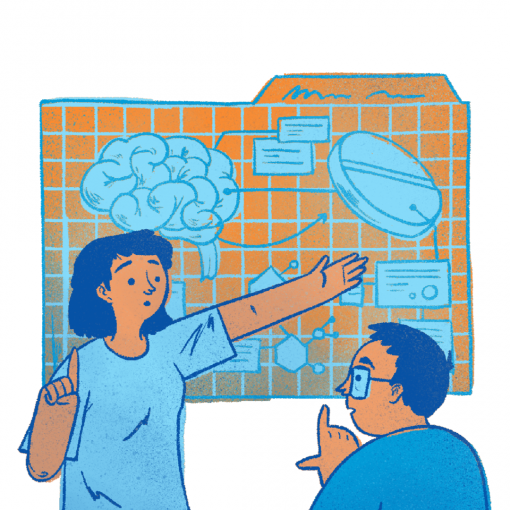Your Kids Really Are Listening
In a world where adolescents face greater and greater pressures and influences, parents have an increasingly vital role in leading their children toward making healthy choices. Conversations between parents and kids revolving around alcohol and drugs are crucial. In this blog post, we will explore the importance of parents initiating these conversations and how they can impact their kids, who do really listen.
Starting Early
- Starting conversations about alcohol and drugs early in a child’s life is important. Research shows that children as young as nine may already begin to form their own thoughts and opinions about alcohol consumption. Another study shows that almost 70 percent of seniors in high school have tried alcohol, 50 percent have taken an illegal drug, and more than 20 percent have used a prescription drug for a nonmedical purpose. All this research emphasizes the importance of starting substance use conversations early. By initiating age-appropriate discussions, fostering awareness, and addressing curiosity, parents are able to lay the groundwork for healthy decision-making.
Building Trust Through Open Communication
- Trust is the foundation for effective communication. A child needs to be in an environment where they feel safe to discuss challenging topics. Parents can establish a base for open dialogue by being approachable, non-judgmental, and genuinely interested in what a child brings to them.
Understanding Peer Pressure
- Peer influence can be a powerful force especially during adolescence. It is important for parents to educate themselves on potential peer pressure a child may face and look for strategies to resist specific pressures. These could be as simple as reminding a child that any real friend wouldn’t pressure them to engage in substance use or even helping a child come up with different ways to say “no” in varying peer pressure situations. Empowering kids to make choices that align with their values requires encouraging assertiveness and positive decision-making skills.
Utilizing Available Resources
- It is known that engaging in conversations about alcohol and drug use can be difficult. That is why there are many different resources about these conversations tailored to parents. Parents should take advantage of the resources available to aid in structuring conversations and providing accurate information about the risks associated with substance use. These resources could include ways to engage in conversations with children, how to be a good role model, or even how to maintain a positive relationship with open communication.
Focusing on the Positive
- While discussing the risks of substance use is crucial, it is also important to highlight the positives that come from a substance-free lifestyle. These positives include improved mental health, academic success, and stronger relationships. By reinforcing the benefits of making healthy choices, children may be motivated to steer clear of harmful behaviors.
Staying Involved and Engaged
- Parents regularly checking in with their children contributes to a stronger relationship between them. This could be as simple as asking about their day or being genuinely interested in their lives inside and outside of the home. Developing a deeper relationship will make it more likely that a child will turn to their parents for guidance instead of other people or things when faced with difficult decisions.
Engaging in open and honest conversations about substance use is a fundamental responsibility of parenthood. By starting early, building trust, understanding peer pressure, utilizing available resources, focusing on the positive, and staying involved, parents can empower and encourage their children to make healthy choices even in the midst of pressure. These conversations contribute to the development of resilience and responsibility, which extends far beyond adolescence, making individuals capable of navigating any challenge that life throws at them.
If you would like to learn more about GLRC’s Prevention or Child & Adolescent Services click the links below.




